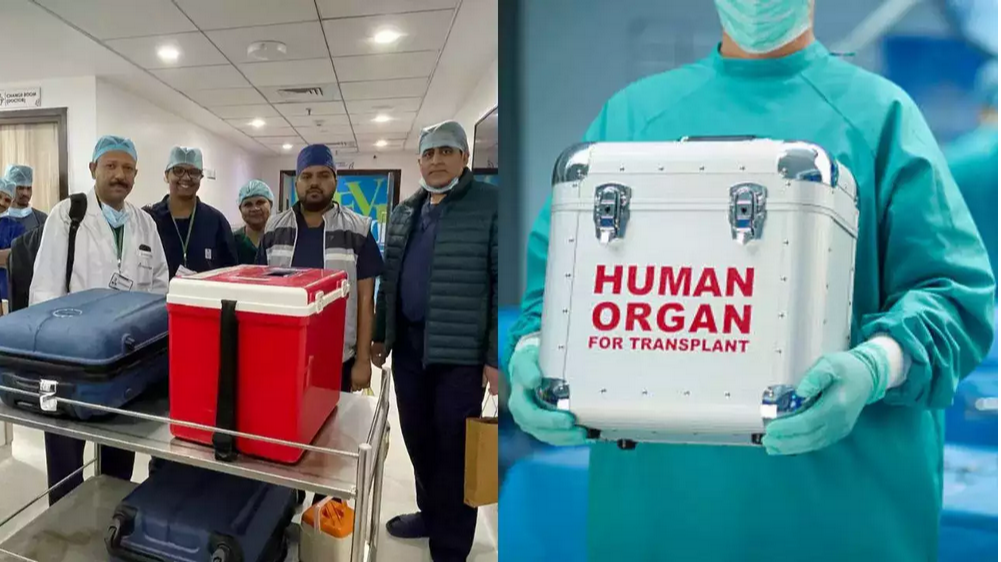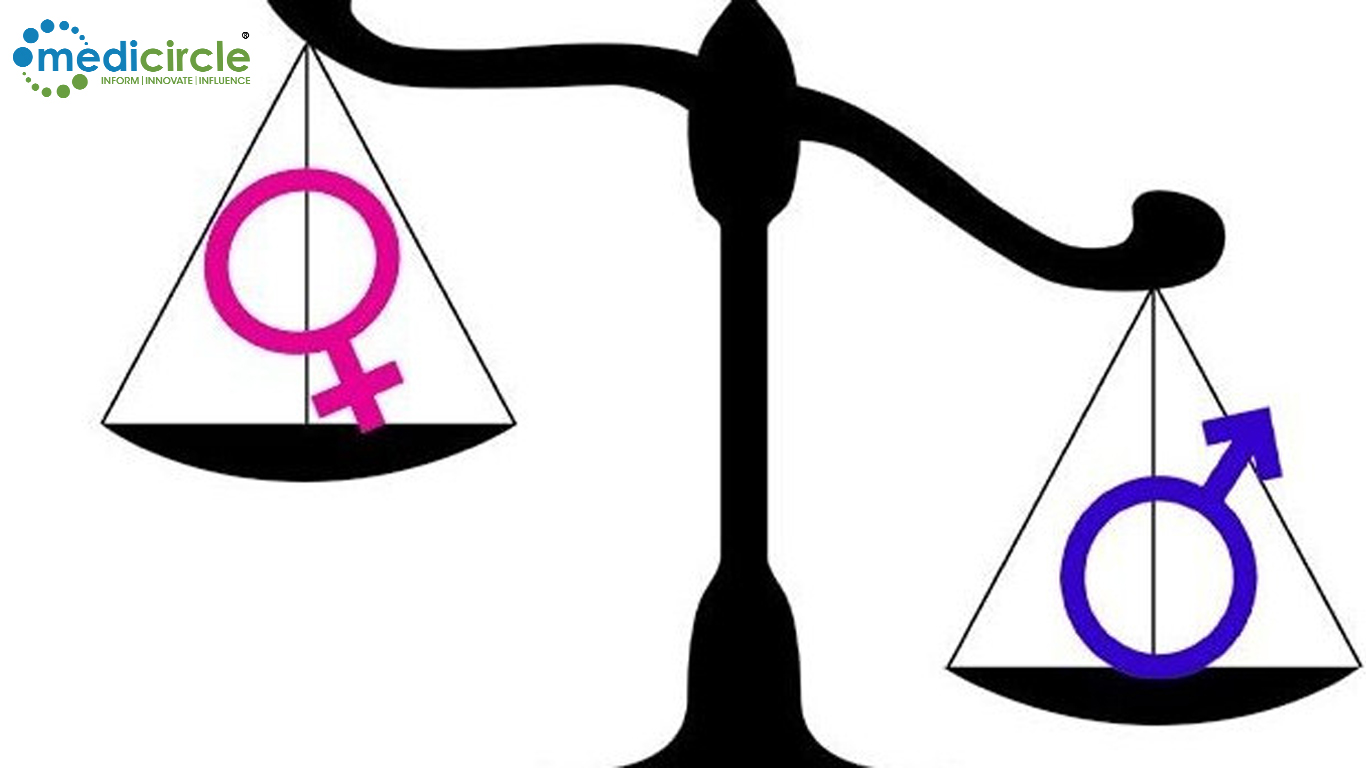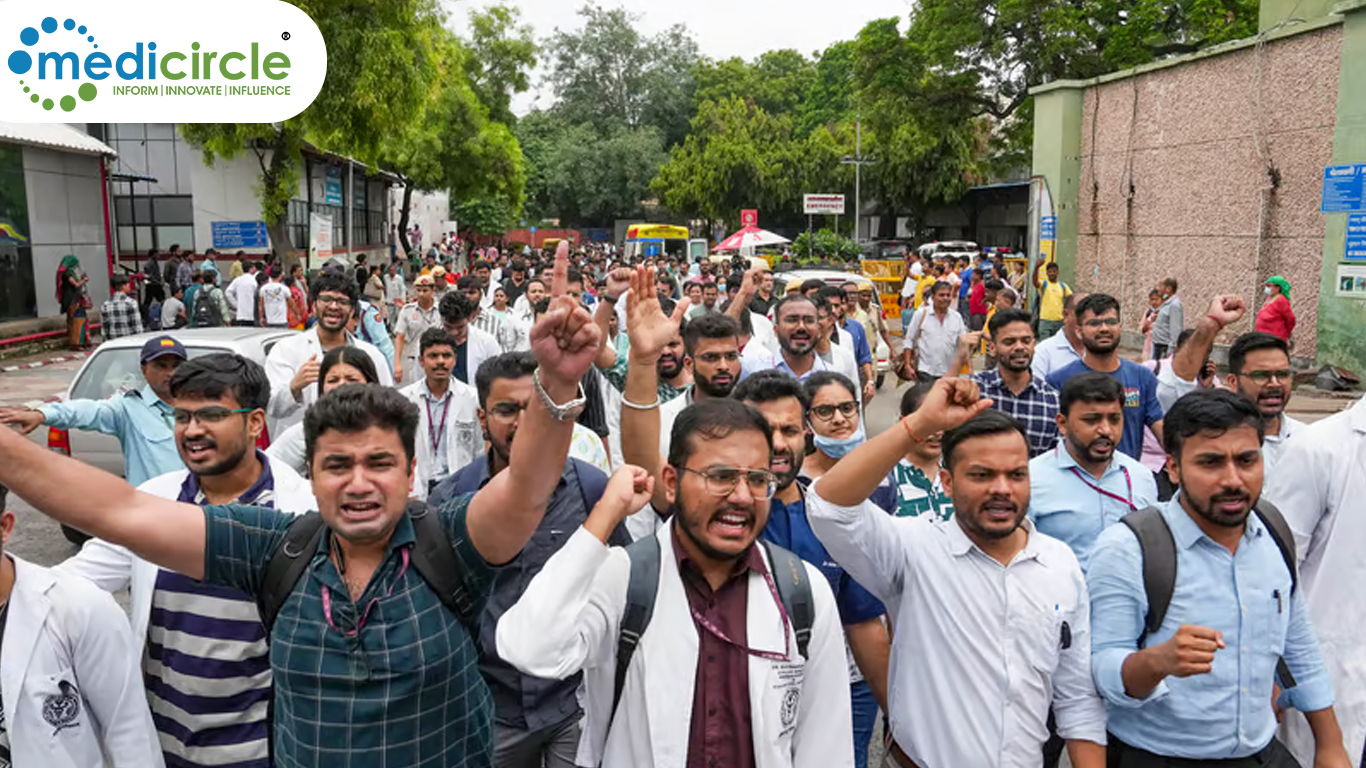As men get older, many find themselves waking up several times during the night to pee. While this might seem like a common part of aging, experts suggest it shouldn't be dismissed as normal. Frequent nighttime urination, known as nocturia, often indicates an underlying health issue, such as an enlarged prostate. If you're waking up often at night to use the bathroom, it could be a sign of this condition.
What is an Enlarged Prostate?
The prostate is a small, walnut-sized gland that produces fluid to carry sperm during ejaculation. Located just below the bladder and surrounding the urethra (the tube that carries urine out of the body) the prostate can cause significant issues when it enlarges. An enlarged prostate, medically known as benign prostatic hyperplasia (BPH), occurs when the gland grows bigger, which can squeeze the urethra and interfere with normal urination.
How Common is Nocturia?
Nocturia is extremely common among older men. According to the NHS, more than 30 million men over the age of 50 experience the need to get up at least once nightly to use the bathroom. Although the exact cause of prostate enlargement is not entirely understood, factors related to aging and changes in the testicles cells significantly contribute to the gland's growth. Testosterone levels also play a crucial role in this process.
The Impact of Nocturia on Daily Life
Frequent trips to the bathroom at night can be incredibly frustrating and exhausting. It disrupts sleep, leaving the sufferer tired, worn out, and irritable the next day. Poor sleep quality can affect overall health, mood, and productivity, making it crucial to address the underlying cause of nocturia.
Tips for Managing Nocturia
Here are some practical tips and lifestyle changes to help manage nocturia and improve sleep quality:
1. Limit Fluid Intake Before Bed: To reduce the need to urinate at night, try to limit your fluid intake a few hours before bedtime. Avoid drinks that contain caffeine or alcohol, as they have diuretic properties that can increase urine production.
2. Avoid Alcohol Before Bed: Alcohol can stimulate the bladder and increase urine production, leading to more frequent nighttime trips to the bathroom. It's best to avoid consuming alcoholic beverages in the evening.
3. Monitor Your Diet: Certain foods and beverages, such as spicy foods, acidic fruits, and carbonated drinks, can irritate the bladder and exacerbate nocturia. Keeping track of your diet and identifying any triggers can help manage symptoms.
4. Wear Knee-High Stockings: Men who experience fluid retention in their legs, known as edema, might benefit from wearing knee-high stockings. Edema causes swelling in the ankles, feet, and legs due to fluid buildup. Wearing compression stockings can help reduce this fluid retention, which in turn can decrease nighttime urination.
Medical Treatments for Enlarged Prostate
If lifestyle changes aren't enough to manage nocturia, several medical treatments are available for an enlarged prostate. These include:
1. Medications: There are various medications designed to relax the prostate and bladder muscles or shrink the prostate gland.
2. Minimally Invasive Procedures: For men who do not respond well to medication, minimally invasive procedures can be effective. These include transurethral microwave thermotherapy (TUMT) and transurethral needle ablation (TUNA), which use heat to reduce excess prostate tissue.
3. Surgery: In severe cases, surgical options such as transurethral resection of the prostate (TURP) or laser surgery may be necessary to remove part of the enlarged prostate.
When to See a Doctor: If you experience frequent nighttime urination, it’s important to consult a healthcare professional. They can determine if BPH or another condition is the cause and recommend appropriate treatment. Early diagnosis and management can significantly improve quality of life and prevent complications.
The Importance of Regular Check-Ups
Regular medical check-ups are crucial for monitoring prostate health, especially as men age. Screening for prostate issues can help detect problems early and allow for timely intervention. Maintaining a healthy lifestyle, including regular exercise and a balanced diet, also supports overall prostate health.
Frequent nighttime urination, while common, is not a normal part of aging and can indicate an enlarged prostate. Understanding the causes and impacts of nocturia is essential for managing this condition effectively. By making lifestyle changes, seeking medical treatment when necessary, and maintaining regular check-ups, men can improve their quality of sleep and overall health.

 Regular medical check-ups are crucial for monitoring prostate health, especially as men age. Screening for prostate issues can help detect problems early and allow for timely intervention.
Regular medical check-ups are crucial for monitoring prostate health, especially as men age. Screening for prostate issues can help detect problems early and allow for timely intervention.









.jpg)
.jpg)









.jpeg)

.jpeg)










.jpg)




.jpg)

